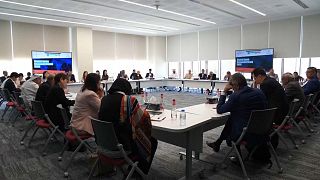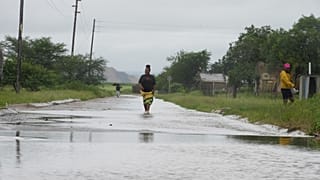East Africa
Sub-Saharan Africa’s economy is showing signs of resilience, with growth projected to hit 3.5% in 2025 and rise to 4.3% by 2027, according to the World Bank’s latest Africa’s Pulse report.
This recovery is being driven by rising private consumption and investment, alongside falling inflation — down from 7.1% in 2023 to 4.5% in 2024 — and more stable currencies.
Despite this progress, the region still faces steep challenges. Real income per capita is expected to remain 2% below 2015 levels in 2025, and poverty reduction is lagging.
Countries grappling with conflict and heavy reliance on natural resources are growing slower than more diversified economies.
Job creation also remains too weak to meet the needs of Africa’s fast-growing youth population.
The World Bank is urging urgent reforms to improve governance, boost private investment, and expand access to essential services. Leveraging the African Continental Free Trade Area (AfCFTA) is also seen as a key strategy for increasing trade, diversifying economies, and creating jobs.











![Senegal stun Morocco in AFCON 2025 final to retain continental crown [Football Now]](https://images.euronews.com/articles/stories/09/61/76/30/320x180_cmsv2_64f668d8-9f3a-50c3-9477-243de96f35d5-9617630.jpg)
02:28
Kenya: the man rescuing wild birds, even without a roof over his head
02:00
Uganda election: Bobi Wine and wife cast votes, Wine slams internet shutdown
01:47
Uganda: authorities shut down internet hours before polling stations open
00:51
Nigeria to revise inflation reporting after artificial spike expected in December
01:13
Construction gets underway in Ethiopia on 'Africa's biggest airport'
00:18
Zambia withdraws request for IMF loan extension